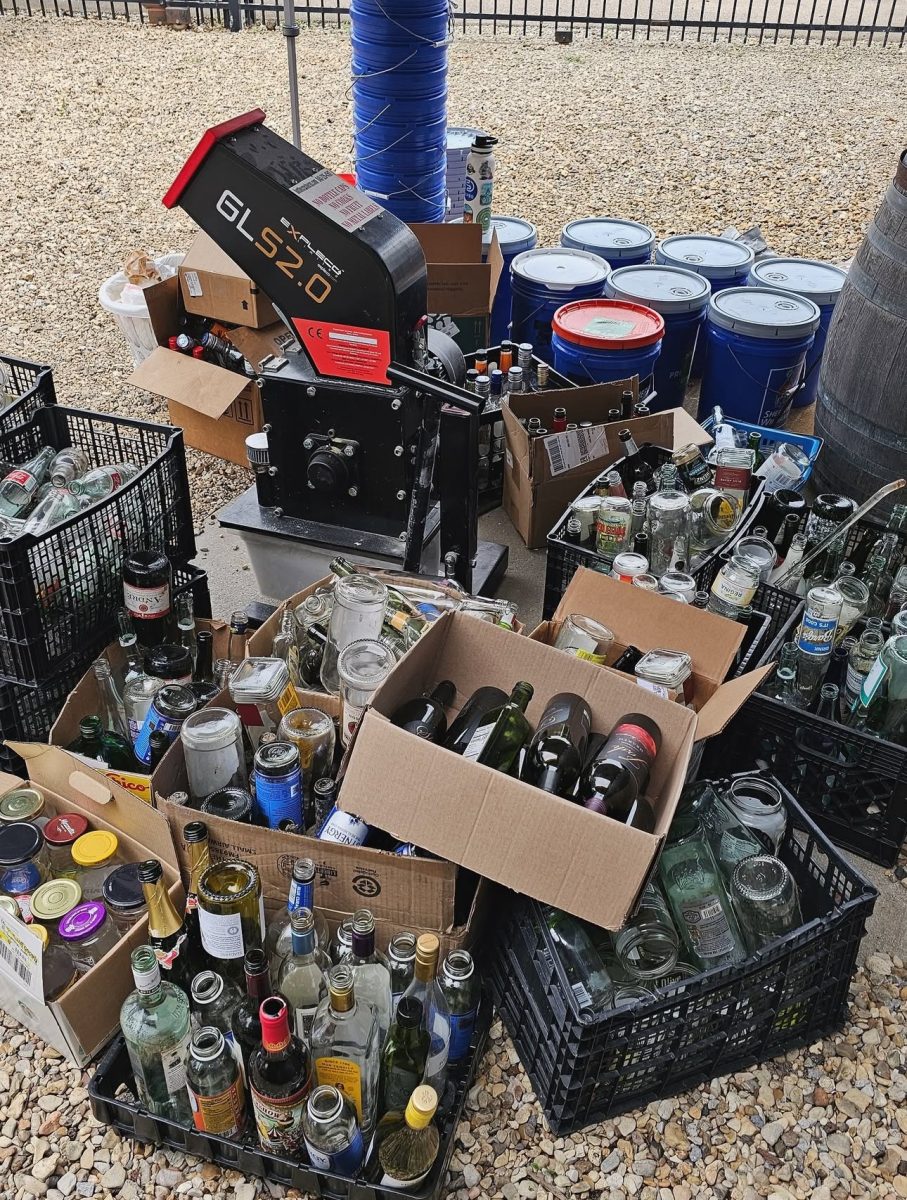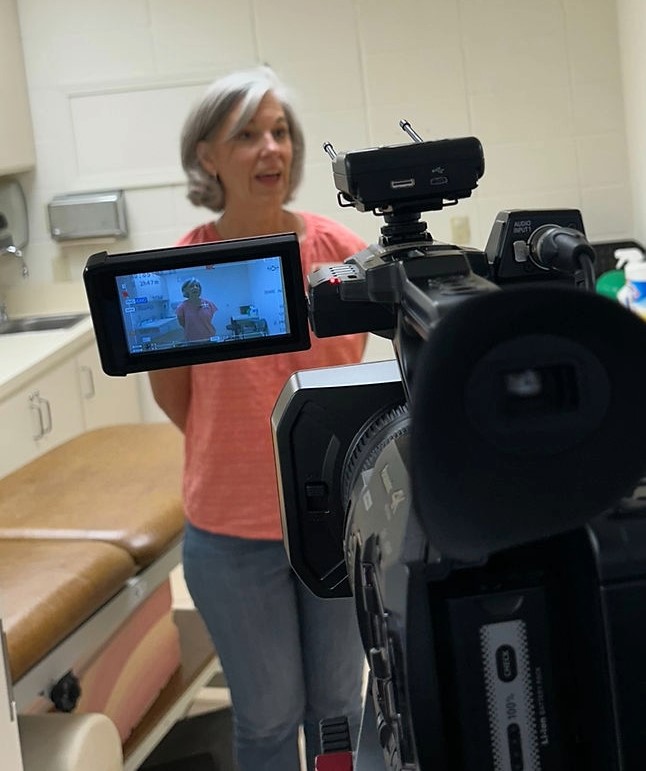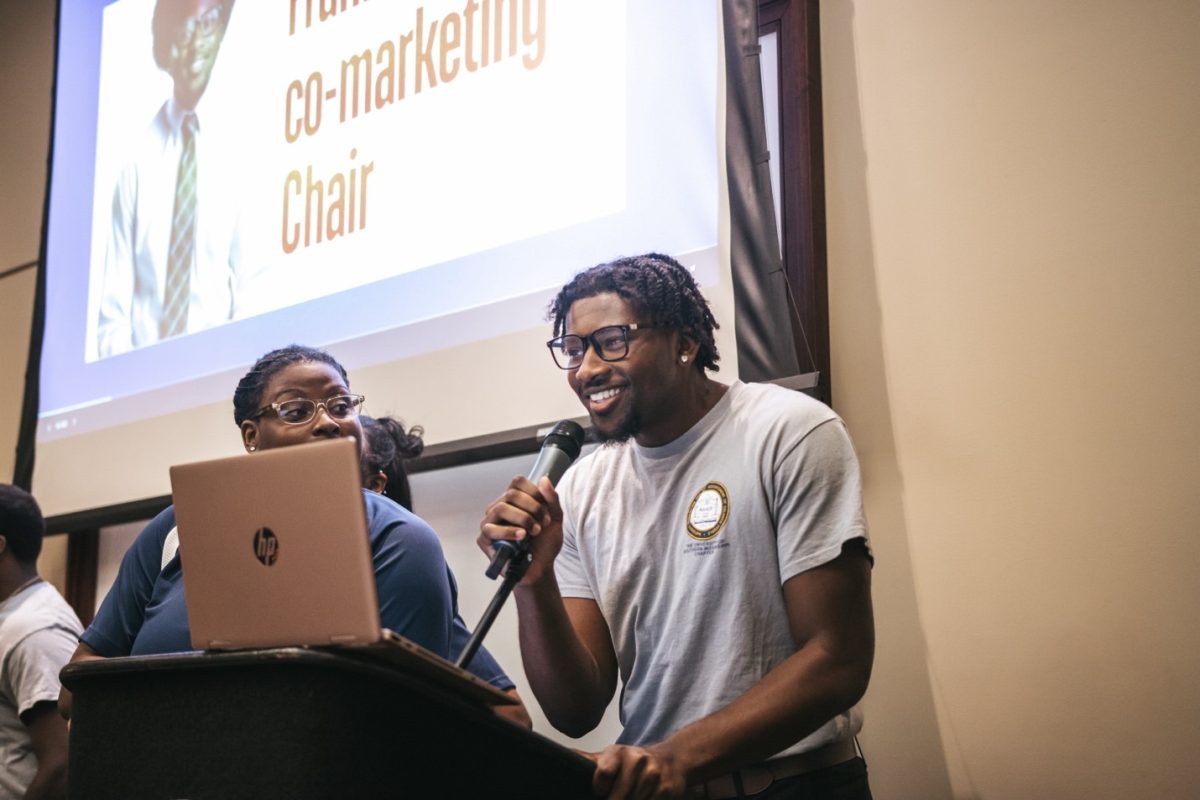If ever you have questioned your beauty or worth, ask yourself why.
Women have a history of facing various forms of discrimination. Often times, misrepresentation plays a role in the ways they might be discriminated against or held to a certain standard.
The advertising industry has time and again used women as mere sex objects in order to sell a product.
Whether it’s selling beer or a magic elixir to restore your youth, women are often portrayed on a one-dimensional plane that disregards their person-hood and sets up an unachievable standard of beauty in order to make a sale.
With social media’s influence growing, pictures of sexualized women are continuing to surface as a desperate cry for attention and profit.
So how are these marketers, maybe now more than ever, get- ting the idea that women are perfect subjects for sexualization in all forms of media?
Perhaps these messages come from the images of women who transform their bodies to reach what they presume to be a model shape.
These social media babes re- ceive glorification from the majority of their followers, which tells impressionable girls that as long as they post photos of themselves with as little clothing as possible, they will be loved.
This is not to say that women intentionally post provocative pictures just to be targeted by sexual ads.
Maybe advertisers and other media outlets are assuming this position based on what they see. So the question remains: does social media play a negative role in how women are viewed?
While there are many benefits that come along with posing with as much clothing as a newborn baby
coming out of a nursery room. Many Instagram popularity winners have landed reality shows, sponsorships and have even went into business just for making appearances. Needless to say, popularity on social media sites can be a rather lucrative business.
But this idea that seems to be taking over social media is definitely sending the wrong messages. Peo- ple without better judgment believe that all women want to be seen as sex objects.
Not that women can’t be sexy and confident, but when that is the only angle that’s portrayed through such a narrow medium, things can go wrong.
Women’s rights activists fought to turn over misrepresentation of women in the media.
Women and Gender Studies students from the Department of Interdisciplinary Studies gathered for a rather mind-jogging experience, viewing activist Jennifer Siebel-Newsom’s documentary “Miss Representation.”
The documentary targeted the very idea that media hurts how women are viewed and how serious they are taken.
Leaving nothing to the imagination reverses the progress women’s rights activists have made in terms of relaying the message that women are more than their beauty. They deserve a balanced portrayal that doesn’t lean on sexuality alone or on sexuality at all.
However, there are ways in which social media has aided the process, bringing light to the issue.
“Social media is adding a lot of different voices that weren’t present before the rise of social media,” said Katie James, assistant professor of sociology. “Social media can also be a helpful tool in critiquing images that sexualize women.”
We can join the fight and keep and be aware of social media and how far we should go as far as al- lowing it to play a role in our judgment towards all women.





























